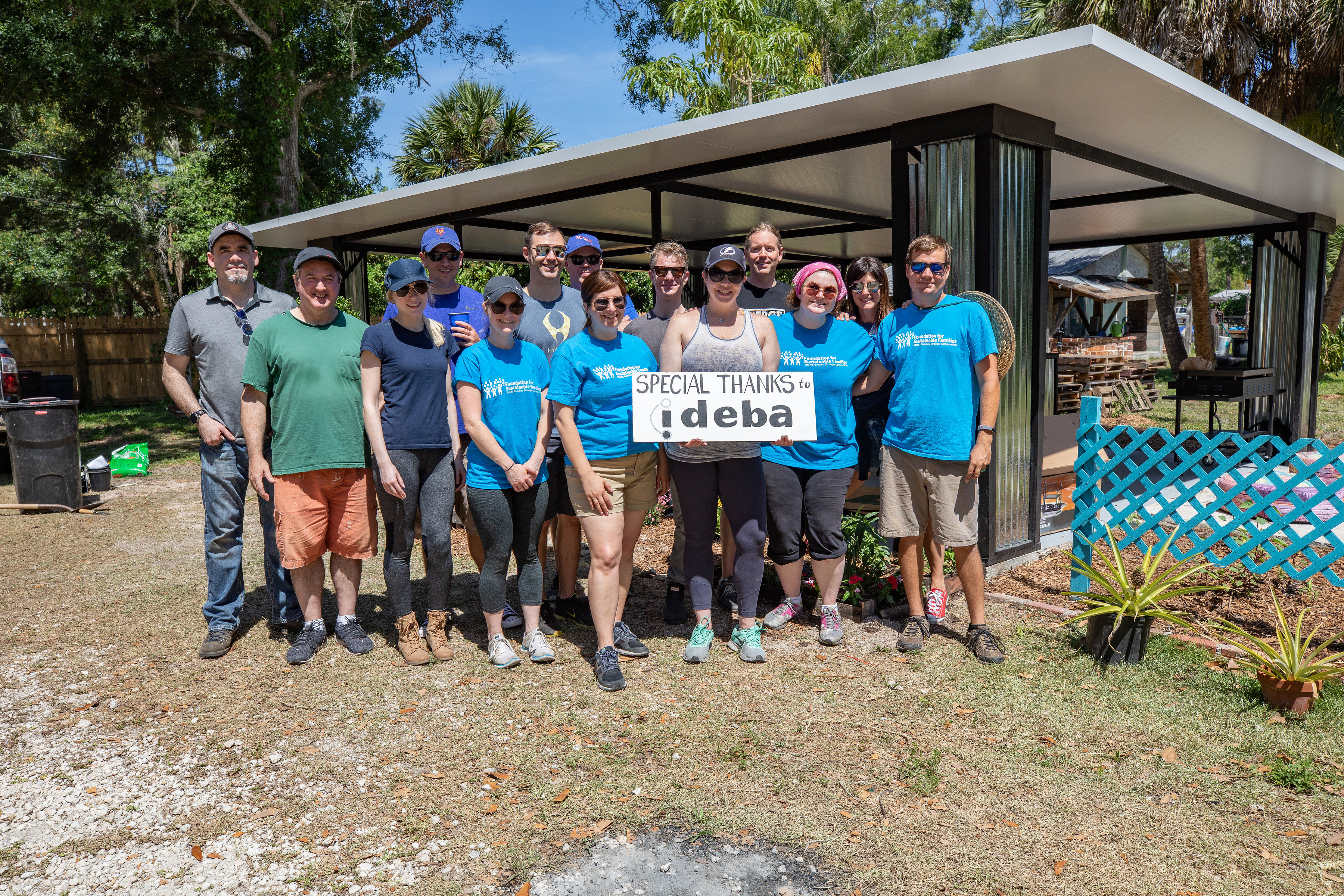Students on Fyre

Of all the things that the news cycle has brought us in the turmoil of the past few years, nothing has sucked me in more than the Varsity Blues College Entry Fraud scandal. Maybe because I was angry at hearing from first grade that my grades mattered, and that my access to a non-failed life was due to access to a good college and that would be determined by my grades. Study hard or fail. And then we see these kids become star soccer recruits at Yale or part of the USC crew team – without a lick of experience, but a wad of cash from the parents. Granted, the money spent to just get them into the freshman class was nearly matching that of seed money for a tech startup. As Olivia Munn points out, they essentially wanted an education to become an influencer. So yes, these cheating students still haven’t watched the Fyre Festival documentaries. Many great things to come from these minds!
But there is a bigger point – the traditional higher education system is being challenged. Not only the recent scandal, but with online education cost efficiencies, the traditional academic system is soon to be bankrupt, according to Harvard Professor Clayton Christensen. And worse, if you do decide to sign a six figure loan for a degree at a prestigious school, recruiters have a sobering note – of the top 30 business schools, Harvard barely made the top 20. Even the controversial Peter Thiel offered six years ago to pay students to drop out of college. No, not everyone can be like Bill Gates and drop out to make a world-changing company, but conversely, how many revered CEOs like Mark Benioff graduate from USC compared to the masses that attend?
So as a parent, you have a few choices – win the lottery and cheat to get your kids into an expensive four-year party (the new Fyre festival), start a 529 savings plan (thanks, USA!), wait for Bernie to provide tuition for all, or, the best plan, give them 25% of their total tuition to complete the entire Google academy (almost guaranteed job placement for zero dollars) and then study a few months using the free MIT OpenCourseWare catalog. Save another 25% for them to use if they have a startup idea.
That is the course I’m taking.
– James Rice, Digital Experience








